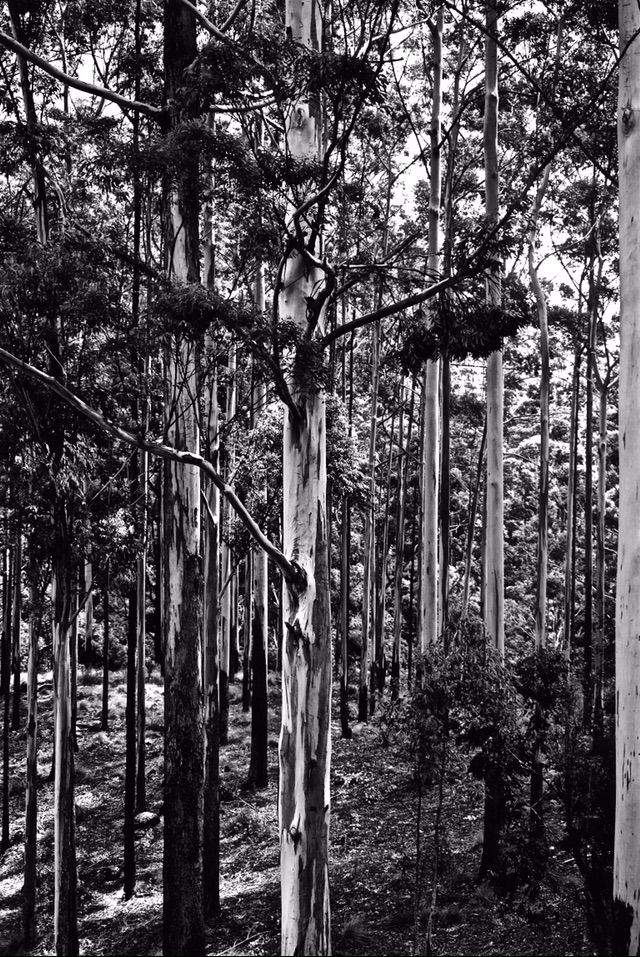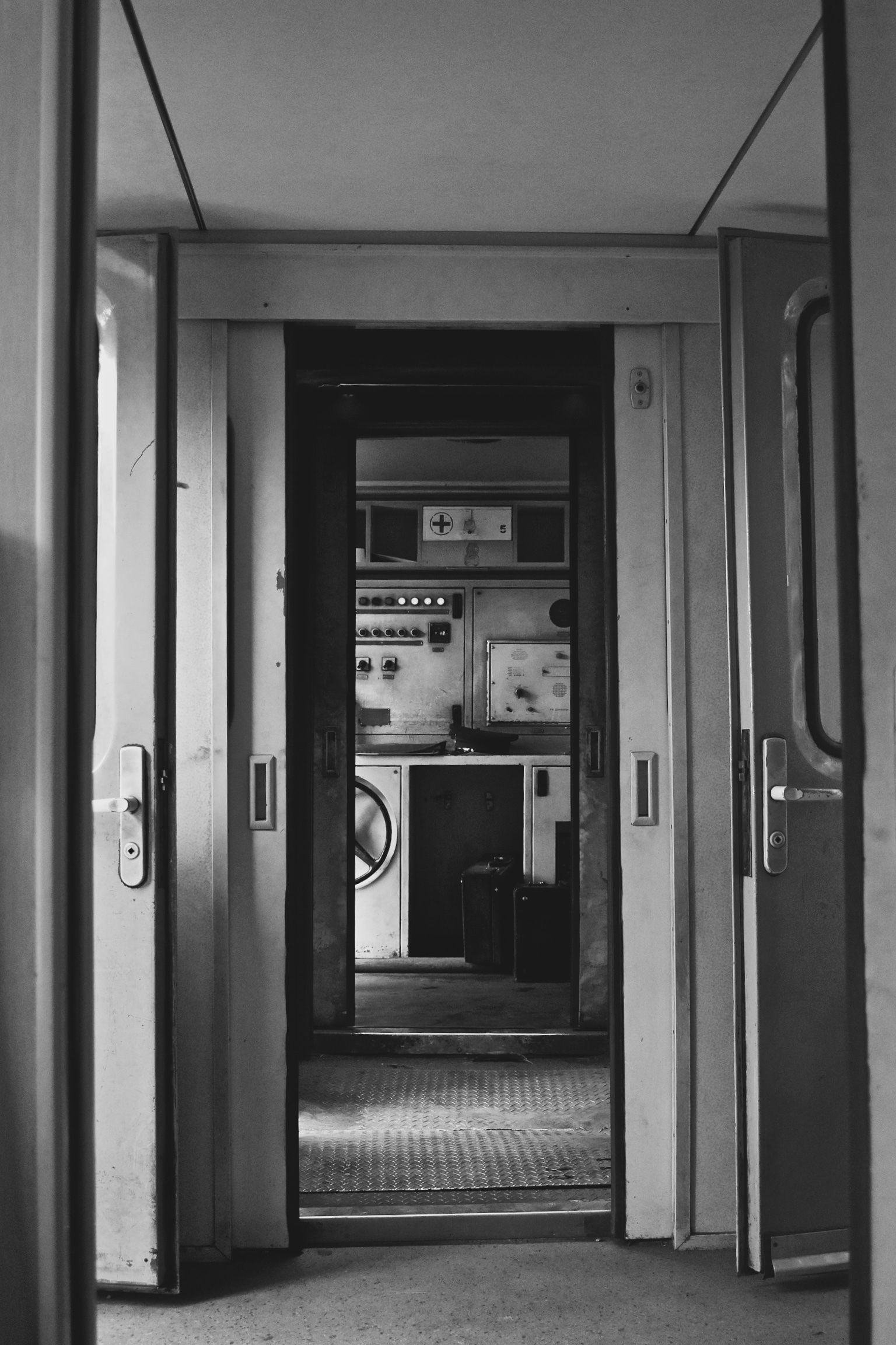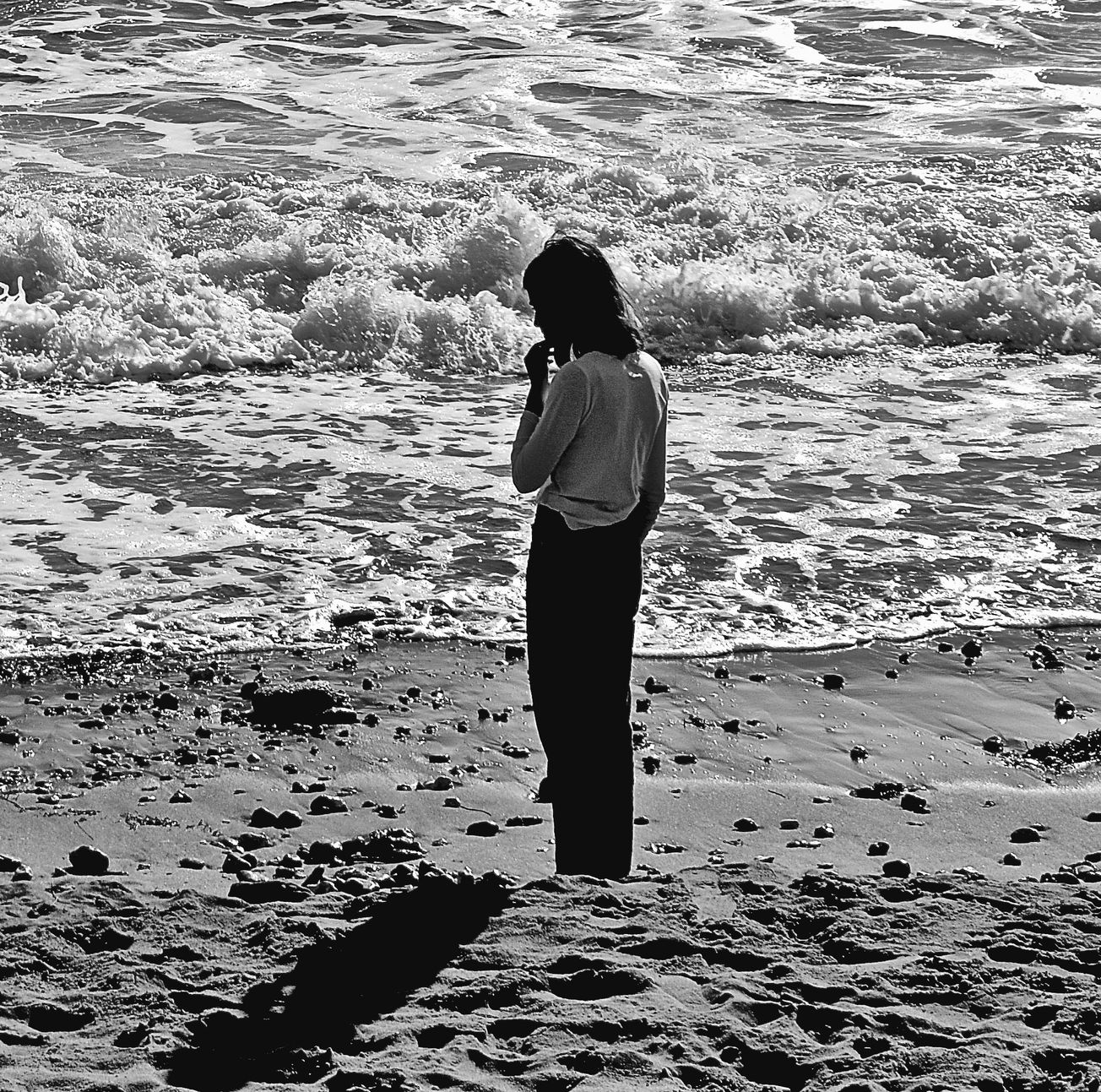By Finnuala Brett, Travel Editor
The Croft Magazine // It’s not the place you travel to, but rather your openness to a journey that can leave a lasting impact on the self. Travel challenges your perceptions of the world as it is known to you and helps affirm your sense of place in it.
Nearly three years ago, I left home by myself for the first time. After two months of vividly new experiences, I spent the eleven-hour return flight wallowing over my journal, reading and re-reading every word about every day. The thought of driving back home on English roads in my mother's car sat strangely heavy inside me, because for so long I had been longing for comfort and familiarity; and yet now this longing was confused by overwhelming affection, this premature nostalgia for the country I was leaving. I knew that home would no longer carry the same feelings for me, and that now I had seen and learned about this different part of the world, a new map of understanding would form in my head. Everything from now, I thought, would be perceived in some relation to this other place.
This map of understanding strengthens with every new place I travel to, and the experiences of all the journeys I have. The implications of change that travel brings are so obvious they seem to become clichés – self-discovery, it might be called, and an ability to better situate yourself. Travel challenges your perceptions of the world as it is known to you, because this world expands with every city visited, every new person met, and every history understood.

Alone in a country where English was often not spoken, picking up Spanish became one of the most valuable aspects of that first trip. I knew just enough to get by, and just enough to have conversations with the people I met. I’m not sure I had previously – really – understood exactly how much this would transform my understanding of a place. Travel enables the witnessing of past and future histories. Legacies in streets as well as museums, ruins of monarchies and dictatorships and colonial past, and, for those lucky enough to witness it, the evidence of active change in hope of new futures. Life is rarely as intensely present, and rich in learning, as it can be during travel.
Of course, there are also huge challenges. A new level of self-trust and self-reliance must inevitably be reached; comfort in independence, things that are usually considered markers of adulthood and yet extend beyond. You are singularly responsible for yourself, especially when travelling alone – and the constant immersion in the unfamiliar is exhausting. Amidst all of this experience, you come face to face with yourself and your own limitations. And in the quiet moments of respite, it is like being in a swimming pool, ears underwater, listening to your own thoughts. You are forced to reconcile with the parts that you don’t like and re-evaluate yourself in the context of this newly learned reality. The scale of your individual self in the wide, growing world becomes clearer.
Maybe the most dramatic curves of change coincide with travel in far-flung places – those different to any you’ve experienced. A solo trip like the one I took was in part so affecting because I believed it would be. But change happens all the time, and the realisations and growth that comes from taking the train to a new part of your own city are just as valid as the realisations and growth stimulated by a place where the language is different and the customs unfamiliar. In every journey there is some scale of learning; perhaps unrecognised, sometimes, because the learning is subtle and cumulative.

The patience of an open mind is one of the most valuable tools of learning, often the hardest but best thing to leave your home with. It rewards you with the chance to gain perspective, and, when this applies itself to future decisions, become a better version of yourself – and a more thoughtful, conscientious traveller. It’s not always easy to learn without unintentional bias. You perceive things through the lens learned in past experiences, and if those experiences were all comfortable and easy, then the unfamiliar is difficult to understand. During the first night of that two-month trip, the world outside my window terrified me. The darkness turned noises into what felt like a cacophonous threat. But the next morning, when the sun rose beaming and I made my first friend, fear transformed into cautious curiosity for this new place I found myself in.
By the end of my stay, when I knew the streets of the town and the language no longer sounded alien, I could recognise the positive changes in myself that had come about. I understood more about myself and could appreciate better the reality of this place: the beauty, but also the hardships, through the eyes of the people who lived there. And I was right about no longer being able to see my life at home in the same way. Like climbing to a clifftop, to watch the sea spread out until it meets the sky, travel broadens the horizons you know. If you examine yourself and the world hard enough, they stretch into infinity.
Featured image: Vera Silsbury
Do you feel that a certain trip has changed you in a fundamental way?









